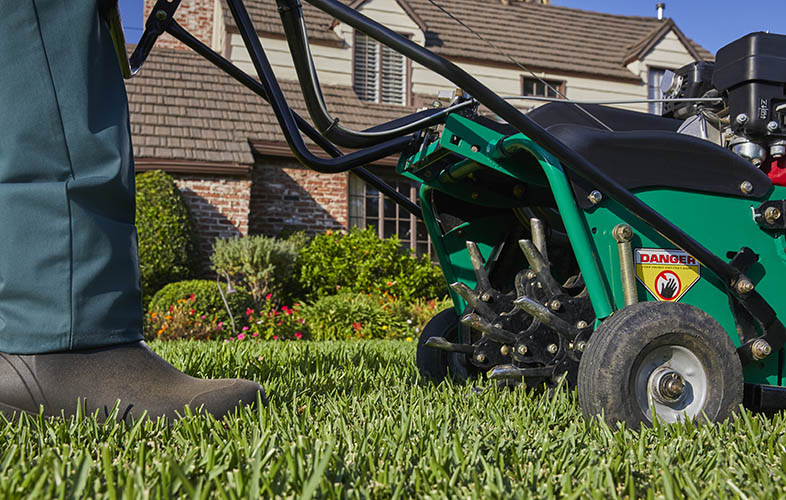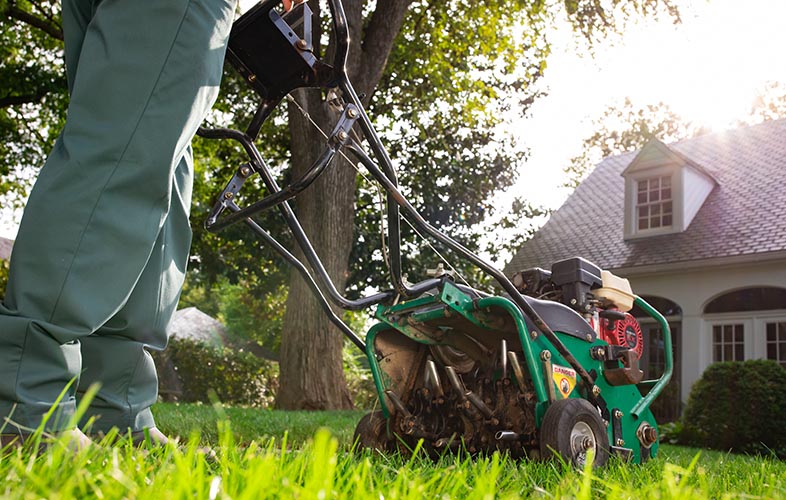A lush, healthy lawn doesn’t just happen - it takes the right care, consistent attention and a plan designed for your unique yard. For many homeowners, keeping grass green and thriving can feel like a full-time job. From mowing and watering to fertilizing and controlling pests, the effort adds up quickly, and even then, results aren’t guaranteed.
That’s where TruGreen makes the difference. Backed by decades of expertise, advanced training and science-based solutions, TruGreen specialists provide the customized care your lawn needs to look its best. And with the TruGreen Guarantee◆, you can enjoy a greener, healthier lawn with complete confidence.











 Back to all blogs
Back to all blogs

Facebook
X
Youtube
Copy Link
Email